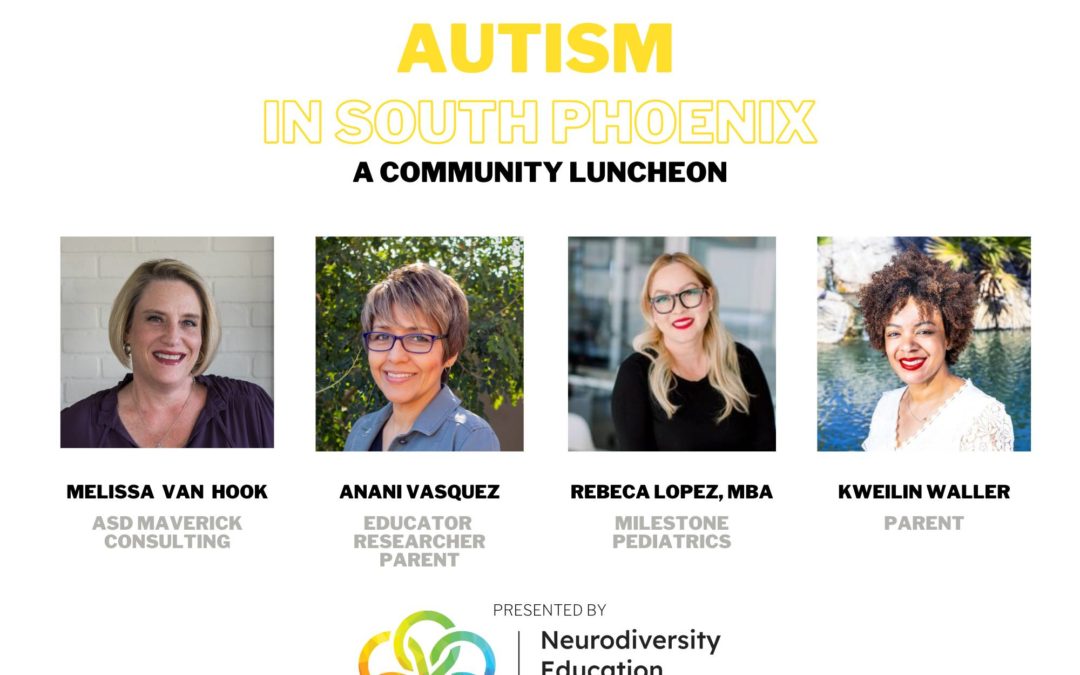Welcome all!
This month I would like to highlight one organization that is working in the area of neurodiversity and educational research. Their website states:
“NERC is an independent nonprofit research center dedicated to improving access to quality education and workforce development for Neurodivergent humans.”
Some of NERC’s areas of focus have been on Science, Technology, Engineering and Math (STEM) education for autistic youth, social and emotional development and workforce development. I have worked with NERC under a National Science Foundation grant to co-design wearable technology for creative computational thinking instruction. The wearable technology brings music into the computer science classroom, and the A (arts) into STEM, or STEAM, learning.
I find this work important for a couple of reasons. Although technology companies have been the most open to hiring neurodivergent individuals, this hiring focus along with narrow media representation has solidified certain stereotypes, especially for autistic individuals. All people in a social group are not the same. Some neurodivergent people enjoy logical, mathematical and technical work, but others enjoy creative work where problem solving and artistic modes of thinking are necessary. Some people enjoy both logical and creative work, and everyone needs to develop skills from all these areas in order to do well in the workforce of today. Neurodiversity focuses on diverse ways of learning, thinking, communicating and interacting and does not discriminate according to labels and, thankfully, STEAM education increases the diversity of classroom modes for learning.
NERC hosted an in-person panel discussion called Autism in South Phoenix on May 17th. I was a panelist and spoke to issues of educational and medical access in South Phoenix from the perspective of a parent, teacher and educational researcher. I did not have time to speak about my hopes for the future. I hope that we move away from educating students based on labels and using narrow curriculum and programs, and begin to understand students as complex, intersectional individuals with interests, passions, strengths and challenges that cannot be boxed into a set curriculum (i.e., textbooks, curriculum pacing guides/maps, etc.) or program (i.e., phonics for dyslexia, TouchMath for dyscalculia). I also hope that we start to blur boundaries between the ‘educations’ (i.e., special, general, bilingual, gifted, early educations) and that educators begin to learn the best, most inclusive strategies from each other. And I hope that district, charter, private and home school educators can also start to learn from each other. If we can stop taking sides, and instead focus on designing educational environments for the students we have, all children will benefit.
Your thoughts, feelings and doings can be shared in the comments. Members can also add contributions to the Micromoment in Neuroplexure invitations in the website forums, Flipgrid or Google doc folders.
For more information about NERC, go to the website at https://neurodiversitycenter.org/ or Facebook page at https://www.facebook.com/NEURODIVERSITYCTR
Until next time!
**Post comments are publicly visible.**
